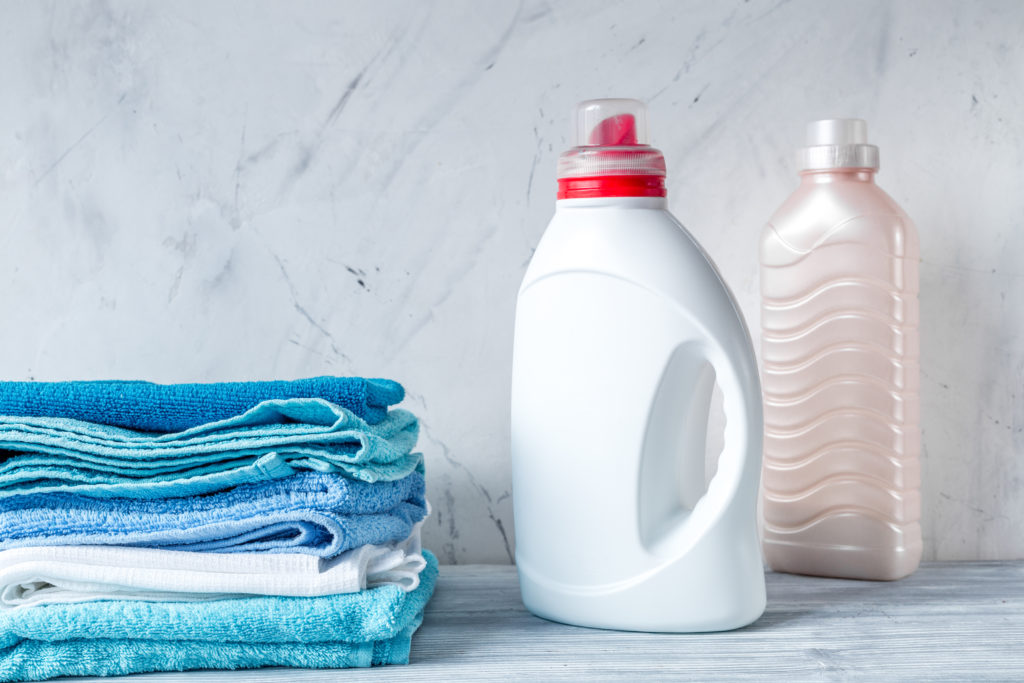In early November, a 32-year-old new father died following chemical exposure in the kitchen of a Burlington, Massachusetts Buffalo Wild Wings. When strong fumes began to impact both employees and customers, manager Ryan Baldera reportedly attempted to push the substance out of the restaurant with a squeegee. He was overcome by fumes. Though he was treated at the scene by emergency personnel and transported to Lahey Hospital, he later died.
The cause of the toxic fumes was originally unknown, as the cleaning product in use is commonly used in restaurant sanitation. Later, the Burlington Fire Department determined that two cleaning products had accidentally come in contact, causing a toxic interaction of bleach and ammonia.
Two customers and 11 employees went to local hospitals for assessment, with symptoms including difficulty breathing and burning eyes, but no other serious injuries were reported.
Just two weeks later, a similar but less serious incident triggered the evacuation of a Woburn Red Robin.
While this seems at first glance like a strange coincidence, Chemical Engineering News says this potentially deadly combination of bleach and ammonia creates chlorine gas more than 2,000 times per year in the United States. It’s important to check cleaning products carefully and avoid this combination both at home and in commercial settings, and to take quick action to avoid the fumes if accidental mixing occurs.
On-the-Job Injuries are Treated Differently
The fact that both customers and employees were exposed to the toxic chemicals in the Buffalo Wild Wings incident offers a good opportunity to consider the differences in legal options for injured workers versus people injured in other circumstances.
In most circumstances, an injured person must prove that someone else’s negligence caused the injury in order to recover damages. In this instance, for example, if a customer had been seriously injured enough to pursue a personal injury lawsuit against the restaurant, he or she would have had to demonstrate that the restaurant had somehow failed in its duty of care. While there’s been no information released that suggests negligence, some hypothetical examples might include:
- Negligent mixing of chemicals
- Inadequate ventilation in the restaurant
- Failure to respond appropriately when the fumes began to spread
Or, in some circumstances, a third party might be liable. One example might be if the cleaning product itself was dangerous or did not include appropriate instructions or warnings to allow for safe usage.
However, if an injured customer was unable to demonstrate that someone had behaved negligently or a product was in some way defective, he or she would not have a valid personal injury claim.
Workers’ compensation operates differently. Unlike most people who have suffered injuries, a worker who was injured on the job does not have to show that someone else was at fault. Instead, a worker is generally entitled to compensation under both the Massachusetts and New Hampshire workers’ compensation statutes if he or she was injured in the course of employment.
Who Should Consult an Attorney after an Injury?
When in doubt, talk to a local personal injury attorney as soon as possible after an injury. Without a comprehensive understanding of personal injury and workers’ compensation law, it can be difficult to know when you have a claim, which type of claim you should be pursuing, and how to move forward.
Attorney Kevin J. Broderick offers free consultations to injury victims in both Massachusetts and New Hampshire, so you can find out more about your possible claims at no cost and with no commitment. That’s important because it’s easy to make mistakes that can impact your recovery. For instance:
- Many people assume that if their own negligence contributed to an accident, they are at fault and so can’t recover damages—in fact, many people who are partly to blame for an injury receive compensation, though the amount may be reduced to account for their share of the blame
- Many people who are injured at work assume that workers’ compensation benefits simply are what they are—sometimes, insurance companies try to minimize or deny benefits unfairly, and a workers’ compensation attorney can force them to pay you what you deserve
- Many people have heard that workers’ compensation is an “exclusive remedy,” and believe that means that they can’t recover damages beyond what workers’ compensation pays—while most injured workers can’t sue their employers, claims against third parties are sometimes possible and may allow for much greater compensation
Don’t risk costly mistakes. Schedule your free consultation right now by calling 978-459-3085 or filling out the contact form on this site.

